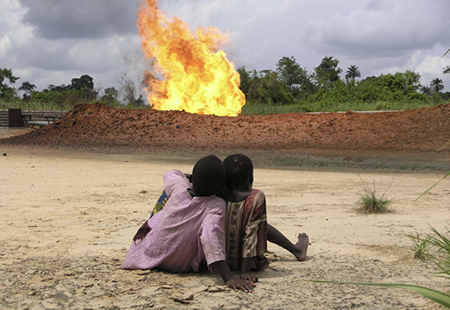There are no products in your shopping cart.
| 0 Items | £0.00 |

 NIGERIA will have a day in court in the UK on February 15 after the London Arbitration Tribunal ruled that the federal government has a case to answer in s suit filed against it by British firm Process and Industrial Development.
NIGERIA will have a day in court in the UK on February 15 after the London Arbitration Tribunal ruled that the federal government has a case to answer in s suit filed against it by British firm Process and Industrial Development.
Claiming it lost money due to the actions of the federal government, Process and Industrial Developments initiated moves to recover a judgment debt of $6.6bn in damages plus $2.3bn in uncollected interest from the Nigerian government. This is calculated at $1.2m a day, and according to a lead judgment by the London Arbitration Tribunal led by Lord Hoffmann, Nigeria has a case to answer.
This judgment debt arose from Nigeria’s alleged failure to perform its contractual obligations under a gas supply and processing agreement it signed with the company. Over the years, the sum had snowballed into $9bn as a result of interest calculated at 7% from the date the decision was taken by an arbitration tribunal in the United Kingdom.
According to the UK Tribunal ruling, the agreement was executed on January 11, 2010, by Process and Industrial Development and Nigeria's ministry of petroleum resources for and on behalf of the Federal Government of Nigeria to refine associated natural gas, also known as wet gas, into non-associated natural gas to be used in powering Nigeria's national electric grid. Under the agreement, the Process and Industrial Development project would have generated 3,000 megawatts of electricity for Nigeria.
In its ruling, the tribunal stated that it found that Nigeria had repudiated the agreement by failing to satisfy its contractual obligations and eventually abandoning the project, causing the British firm to lose substantial profits it would have earned over the 20-year period during which Nigeria was to supply the company with natural gas. Under the terms of the deal, gas that is currently being flared off would have been processed and used to generate electricity for Nigerians.